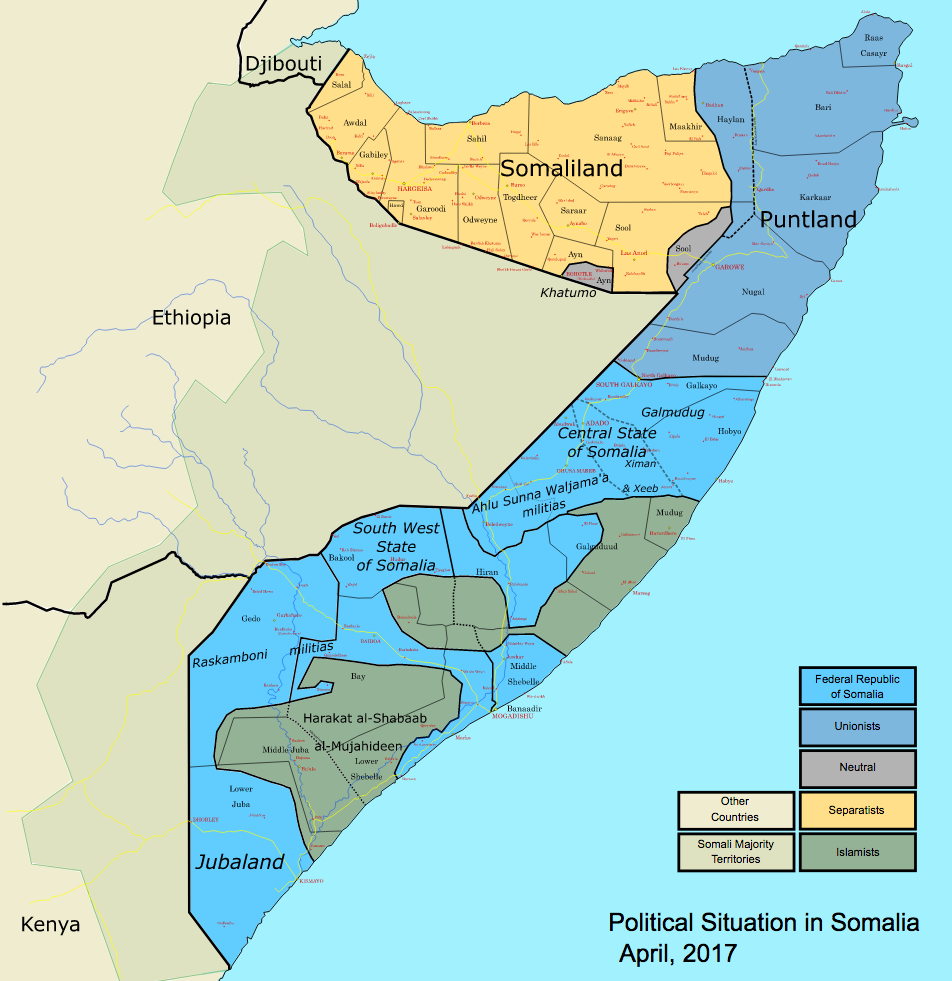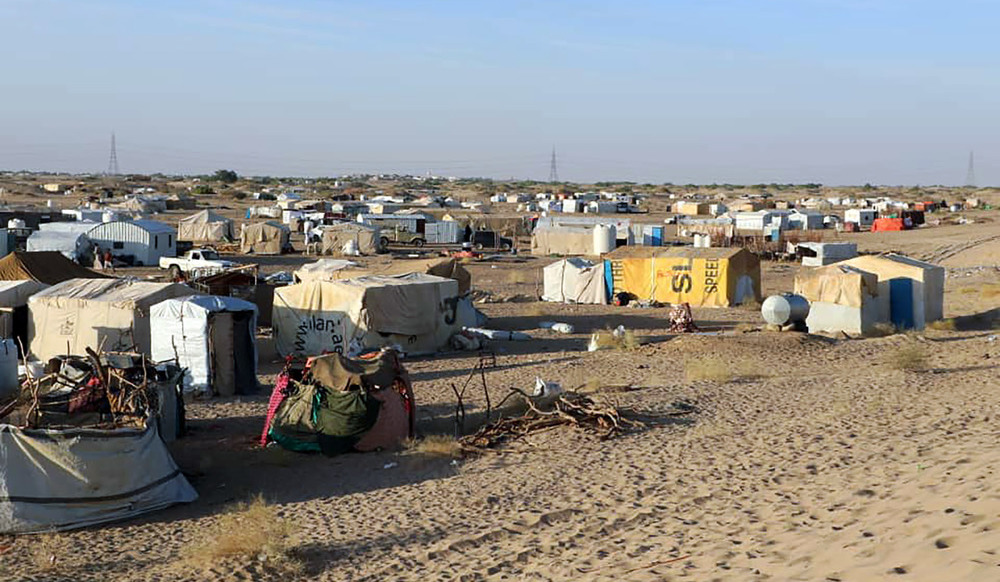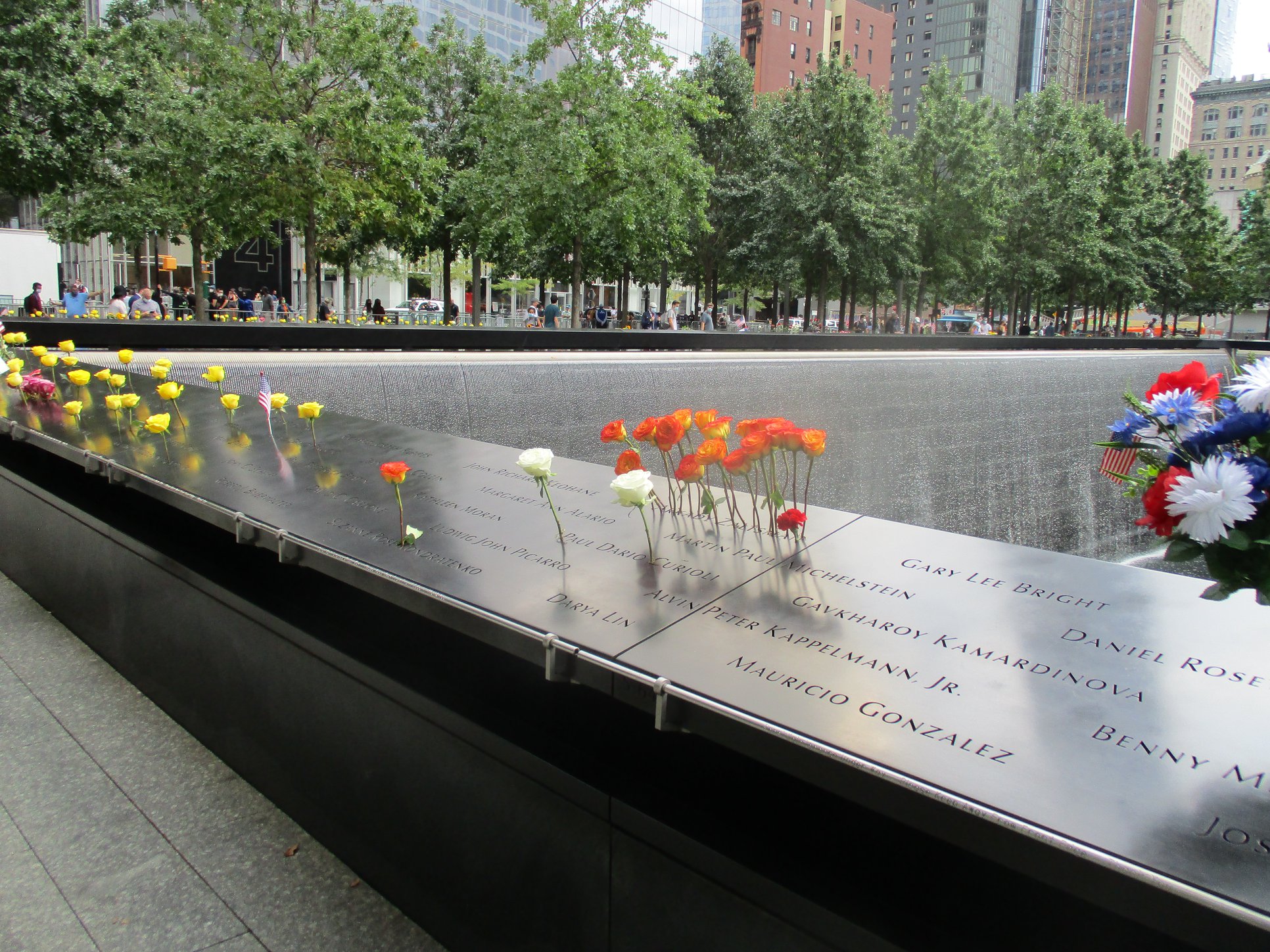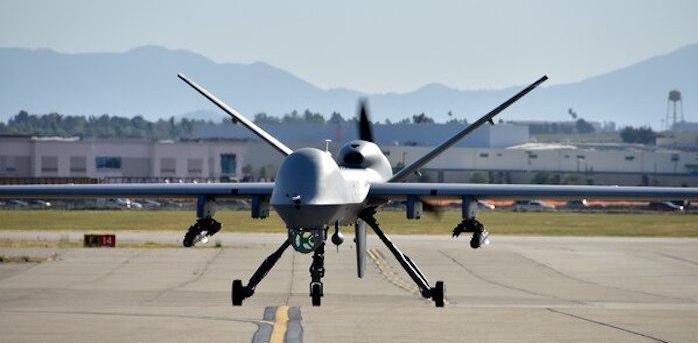
US troops ‘back’ to Somalia —but did they ever leave?
The Pentagon announced that a “small, persistent US military presence” of around 500 troops is to return to Somalia, to assist ongoing operations against the Shabaab insurgents. Media commentators widely portrayed this as a policy reversal, with some incorrectly stating that Present Trump “brought the troops home” from Somalia in 2020. However, the Pentagon press release implicitly acknowledges that the so-called “withdrawal” had been largely a fiction: “The existing model of US assistance moving into and out of the country as needed…is inefficient.” The troops were never “brought home”; they were redeployed to neighboring Djibouti and Kenya, and sent back in to Somalia as mandated by contingency. Even if the announcement doesn’t mean very much, it is being met with some trepidation by rights advocates. Human Rights Watch warned against “repeating past laws of war violations.” (Photo: Patrick Crosley/USMC via CommonDreams)









